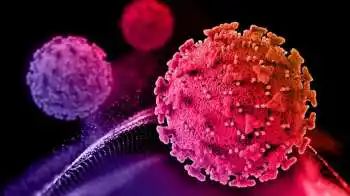World Kidney Day 2024: Doctor lists 4 key contributors of kidney stones

Kidney stones are common across the globe. The prevalence of kidney stones stands at about 12 per cent around the world. In India, the numbers reflect the worldwide prevalence and are more common in the northern part of India with an estimate of 15 per cent.
A study conducted in 2023 revealed that there is an increase in kidney stone cases among Gen Z and millennials. In a conversation with News9, Dr Mohan Balaiah Aswathaiya, Consultant Urology, Andrology & Kidney Transplant Surgeon, Fortis Hospital, Cunningham Road, Bengaluru explained, “Kidney stones are hard deposits that form in the kidneys due to concentrated urine. While anyone can develop them, certain factors significantly increase the risk.”
Here’s a breakdown of the key contributors:
Dehydration: Inadequate fluid intake is a major culprit. When you don’t drink enough water, urine becomes more concentrated, allowing minerals to crystallised and form stones.
Diet: Diets high in salt (sodium), animal protein, and sugar can worsen kidney stone formation. Excessive sodium increases calcium excretion, contributing to calcium stones. Animal protein breakdown produces uric acid, a component of uric acid stones. High sugar intake, especially fructose, is linked to an increased risk of various types of stones.
Other health conditions: Underlying health issues can significantly elevate kidney stone risk. Individuals with a family history, obesity (linked to higher calcium and uric acid levels), digestive problems (affecting mineral absorption), or urinary tract blockages (causing stagnant urine) are more susceptible to stone formation.





